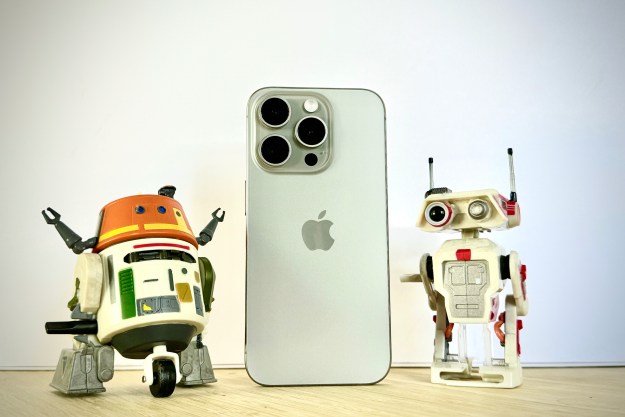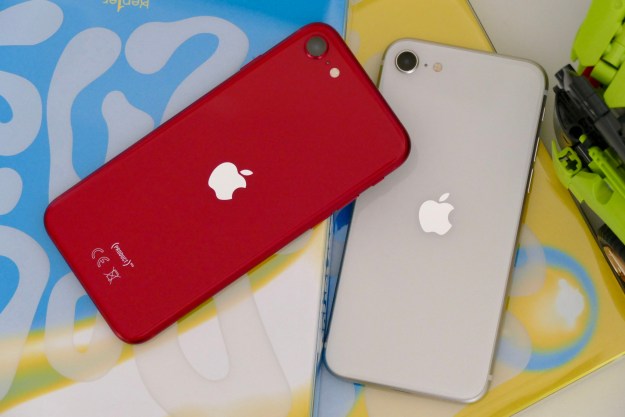 Apple has responded to last week’s revelation that iPhones are tracking and recording users’ location information. “Apple is not tracking the location of your iPhone. Apple has never done so and has no plans to ever do so,” the company said in a Q&A-style statement posted on its website.
Apple has responded to last week’s revelation that iPhones are tracking and recording users’ location information. “Apple is not tracking the location of your iPhone. Apple has never done so and has no plans to ever do so,” the company said in a Q&A-style statement posted on its website.
Apple’s response comes as users have become increasingly wary about what Apple products are doing without their consent. The location-tracking controversy began last week after a pair of researchers revealed that iOS devices are recording timestamped latitude-longitude coordinates and then storing them in an unencrypted file, which is transferred to computers during routine syncing with iTunes.
So why is Apple conducting location-tracking on iPhones? As it turns out it’s not really tracking iPhones’ locations at all, just the cell towers and Wi-Fi hotspots surrounding the devices — some of which “may be located more than one hundred miles away.” Apple says that this is necessary to help iPhones determine locations faster.
As Apple points out, GPS “may take up to several minutes” to deliver a current location. But, Apple says, “iPhone can reduce this time to just a few seconds by using Wi-Fi hotspot and cell tower data to quickly find GPS satellites, and even triangulate its location using just Wi-Fi hotspot and cell tower data when GPS is not available.” That process is known as “Assisted GPS,” or A-GPS.
The Wi-Fi hotspot information comes from a “crowd-sourced database” culled from location information location that is sent to Apple, albeit in an “anonymous and encrypted” format. Apple never receives any markers as part of these transmissions that could be used to link this information to a particular iPhone.
So, in short, Apple is not technically tracking your iPhone, but it is using your location to map out Wi-Fi hotspots and cell towers which can then be used to assist in speeding up GPS location services for all iPhone users.
Apple did admit that it’s doing a couple of things wrong. First, the company admitted that too much data-location information is being retained. By some accounts a year’s worth of information is being retained. Apple says that seven days of location data should be sufficient.
The second glitch that Apple admits is that the location-gathering continues even when users turn off location services on their devices. Both of these bugs, Apple says, will be addressed in a future software update to be released “in the next few weeks.”
In its explanation of location-tracking Apple uncharacteristically tipped its hand about a future project — one that is also making use of anonymous data gathered from iPhones. “Apple is now collecting anonymous traffic data to build a crowd-sourced traffic database with the goal of providing iPhone users an improved traffic service in the next couple of years,” Apple said.
Does Apple’s explanation make you feel better about location-tracking on your iPhone? Were you even concerned in the first place? Let us know in the comments below.
Editors' Recommendations
- Apple is about to do the unthinkable to its iPads
- Nomad’s new iPhone case and Apple Watch band may be its coolest yet
- Best iPhone deals: Save on iPhone 15, iPhone 15 Pro Max and more
- How to find your lost phone (tips for iPhone and Android)
- iPhone 16: news, rumored price, release date, and more


